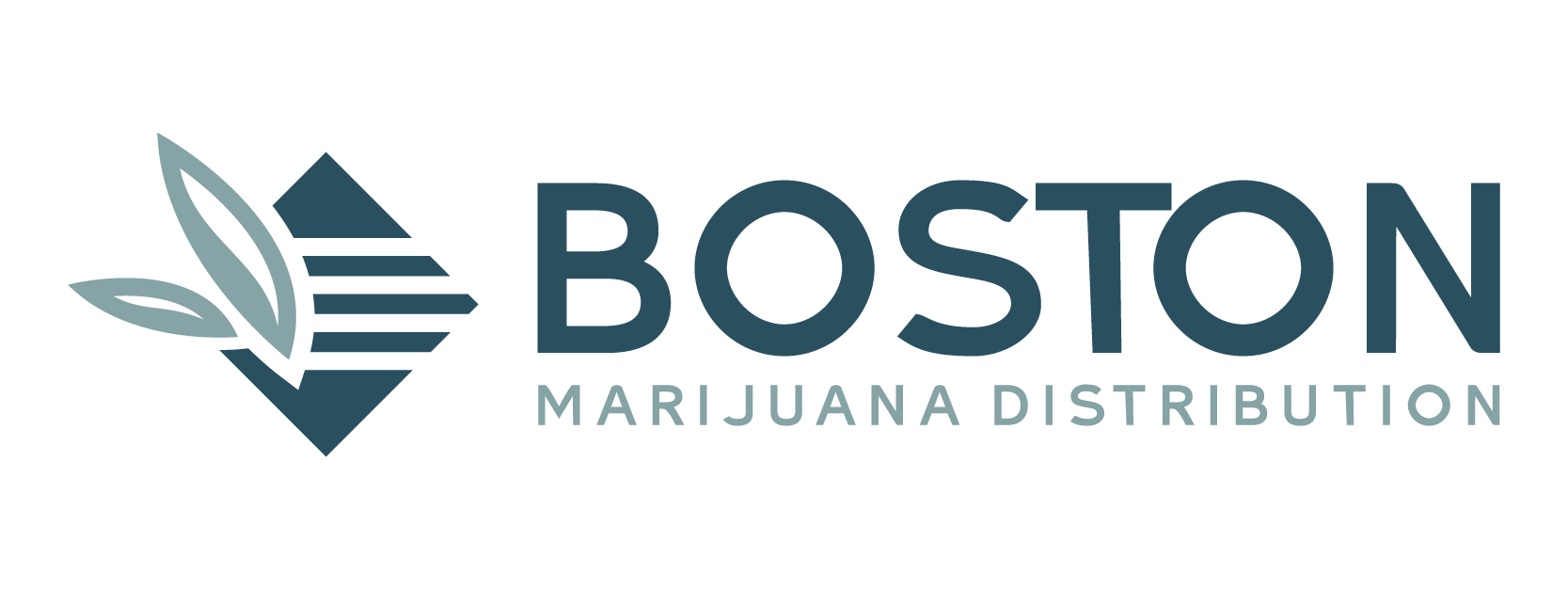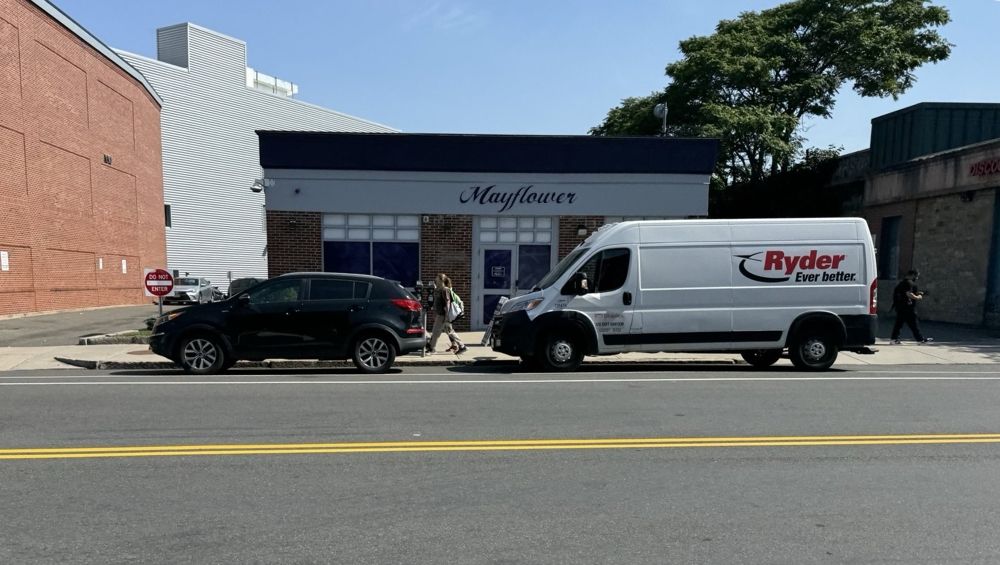Boston, Massachusetts, is at the forefront of integrating advanced delivery technologies and fleet management solutions, transforming the city’s logistics and transportation sectors. From AI-driven route optimization to electric vehicle (EV) adoption, Boston’s initiatives are setting new standards in urban mobility and sustainability.
Smart Fleet Management: Enhancing Efficiency and Compliance
Boston’s delivery services are increasingly adopting intelligent fleet management systems that offer real-time GPS tracking, driver behavior monitoring, and predictive maintenance. These technologies not only improve operational efficiency but also ensure compliance with safety regulations. For instance, companies like Wise Systems provide platforms that dynamically adjust delivery routes based on real-time traffic data, enhancing punctuality and customer satisfaction.
Moreover, the integration of telematics allows for monitoring of vehicle health and driver performance, leading to reduced fuel consumption and lower maintenance costs. Such systems are crucial for businesses aiming to optimize their fleets and reduce operational expenses.
Embracing Electric Vehicles and Sustainable Practices
In line with global sustainability goals, Boston is witnessing a shift towards electric vehicles in delivery fleets. Companies like BrightDrop are introducing electric vans equipped with advanced features like remote monitoring and route optimization. These EVs not only reduce carbon emissions but also offer cost savings in the long run due to lower fuel and maintenance expenses.
Additionally, the city’s commitment to green initiatives is evident in programs like CargoB, which launched the nation’s first cargo e-bike share in Boston. These e-bikes provide an eco-friendly alternative for last-mile deliveries, particularly in congested urban areas.
Leveraging Robotics and Automation
Boston-based companies are pioneering the use of robotics in delivery and logistics. Vecna Robotics, for example, offers autonomous material handling solutions that streamline warehouse operations and reduce reliance on manual labor. Such automation enhances efficiency and accuracy in order fulfillment, crucial for meeting the growing demands of e-commerce.
Furthermore, Boston Dynamics has introduced a robotic fleet management platform, Orbit, designed to manage and unify robot ecosystems within businesses. This platform enables seamless integration and coordination of robotic systems, further advancing automation in logistics.
Real-Time Monitoring and Data Analytics
The adoption of advanced data analytics tools allows Boston’s delivery services to monitor fleet performance in real-time. Systems like Samsara provide comprehensive dashboards that display vehicle locations, fuel usage, and driver behavior. These insights enable companies to make informed decisions, optimize routes, and improve overall service quality.
Moreover, the integration of geofencing technology alerts managers when vehicles enter or exit predefined zones, enhancing security and operational control. Such features are instrumental in ensuring timely deliveries and maintaining customer trust.
Conclusion
Boston’s proactive approach to adopting cutting-edge delivery technologies and fleet management systems positions the city as a leader in urban logistics innovation. By embracing electric vehicles, robotics, and real-time data analytics, Boston not only enhances operational efficiency but also contributes to environmental sustainability. These advancements are setting a precedent for other cities aiming to modernize their delivery and transportation infrastructures.







